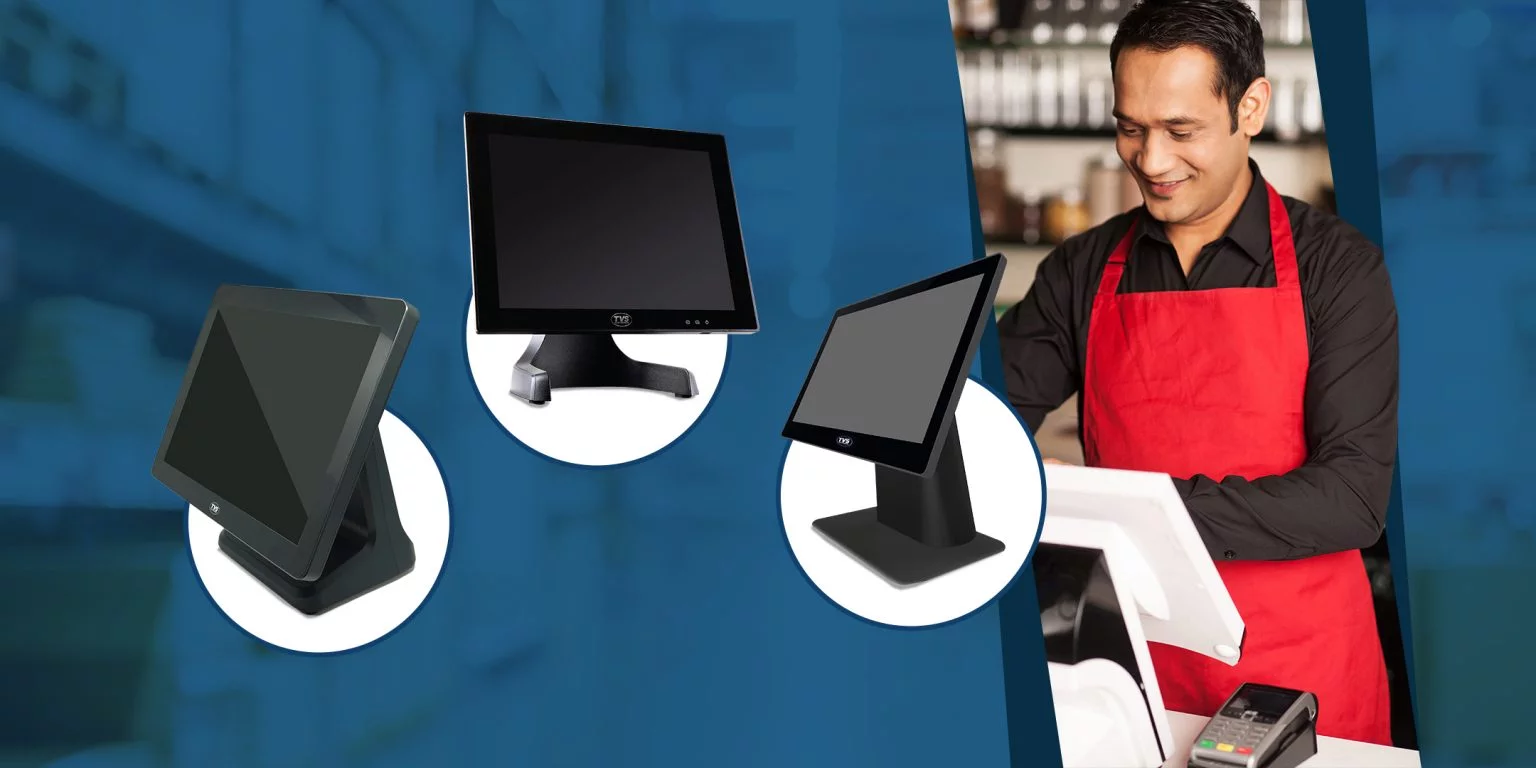Top 5 Misconceptions About POS Systems for Business Owners

Point of Sale (POS) systems have become an essential tool for businesses across industries, yet misconceptions about them persist. These misunderstandings can prevent business owners from making informed decisions, often leading to missed opportunities for growth and efficiency. Let’s debunk the top five misconceptions about POS systems to help you better understand their potential benefits.
1. “POS Systems Are Only for Big Businesses”
Many small business owners believe that POS systems are designed exclusively for large corporations with extensive operations. This couldn’t be further from the truth. Modern POS solutions cater to businesses of all sizes, from small cafes to independent retailers.
Why It’s Incorrect: Cloud-based POS systems, in particular, are affordable and scalable, making them accessible to small businesses. They offer essential features like sales tracking, inventory management, and customer data collection, which can be game-changers for smaller operations.
Reality: Small businesses can leverage POS systems to streamline operations, improve customer experiences, and compete more effectively with larger players. The affordability and flexibility of today’s systems make them an ideal choice for startups and entrepreneurs.
2. “POS Systems Are Too Expensive”
Cost is often cited as a major barrier to adopting a POS system, with many business owners assuming that the investment is prohibitive. However, this belief is outdated and doesn’t consider the variety of options available today.
Why It’s Incorrect: While traditional on-premise POS systems might require significant upfront investment, cloud-based POS solutions operate on a subscription model. This reduces the need for large initial capital outlays and includes features like updates, maintenance, and support in the subscription fee.
Reality: The cost of a POS system can be tailored to fit your budget and needs. By choosing a scalable solution, you can start small and add features or hardware as your business grows. Additionally, the efficiency and insights gained from a POS system often lead to increased revenue, offsetting the initial expense.
3. “POS Systems Are Just Fancy Cash Registers”
Some business owners view POS systems as glorified cash registers, assuming their only purpose is to process payments. This narrow view underestimates the robust functionality modern POS systems provide.
Why It’s Incorrect: Today’s POS systems do far more than handle transactions. They can track inventory in real-time, manage employee schedules, generate detailed sales reports, and integrate with marketing tools like loyalty programs and email campaigns.
Reality: A POS system is a comprehensive business management tool. By automating various processes, it reduces manual work, provides actionable insights, and helps you make data-driven decisions. This functionality goes far beyond the capabilities of a traditional cash register.
4. “POS Systems Are Difficult to Use”
The fear of a steep learning curve prevents some business owners from adopting a POS system. They worry that training employees and managing the technology will take up too much time and effort.
Why It’s Incorrect: Modern POS systems are designed with user-friendliness in mind. Most systems feature intuitive interfaces, straightforward navigation, and guided setup processes. Providers often offer training resources, tutorials, and customer support to ensure a smooth transition.
Reality: With a little initial training, most employees can quickly become proficient in using a POS system. Once integrated into daily operations, the system’s efficiency and ease of use save significant time for both employees and management.
5. “POS Systems Are Unreliable Without an Internet Connection”
Many business owners believe that a POS system will completely shut down if the internet goes offline. While this may have been a concern with older systems, modern solutions are built to handle such situations.
Why It’s Incorrect: Most cloud-based POS systems come with offline capabilities. They store transaction data locally and sync it to the cloud once the internet is restored. This ensures uninterrupted operations even during network outages.
Reality: Offline functionality allows businesses to continue processing sales and tracking inventory without disruption. By choosing a POS provider that offers reliable offline features, you can safeguard your operations against connectivity issues.
Conclusion
POS systems have evolved far beyond their traditional roles, offering powerful tools for business growth and efficiency. By addressing these common misconceptions, business owners can better understand the value a modern POS system brings to their operations.
Whether you’re running a small coffee shop, a retail chain, or a service-based business, the right POS system can simplify processes, enhance customer experiences, and drive revenue. Don’t let outdated beliefs hold you back from investing in a solution that could transform your business.
Visit our site at www.dibtech.com.au
Visit our YouTube channel for tutorials Dibtech






